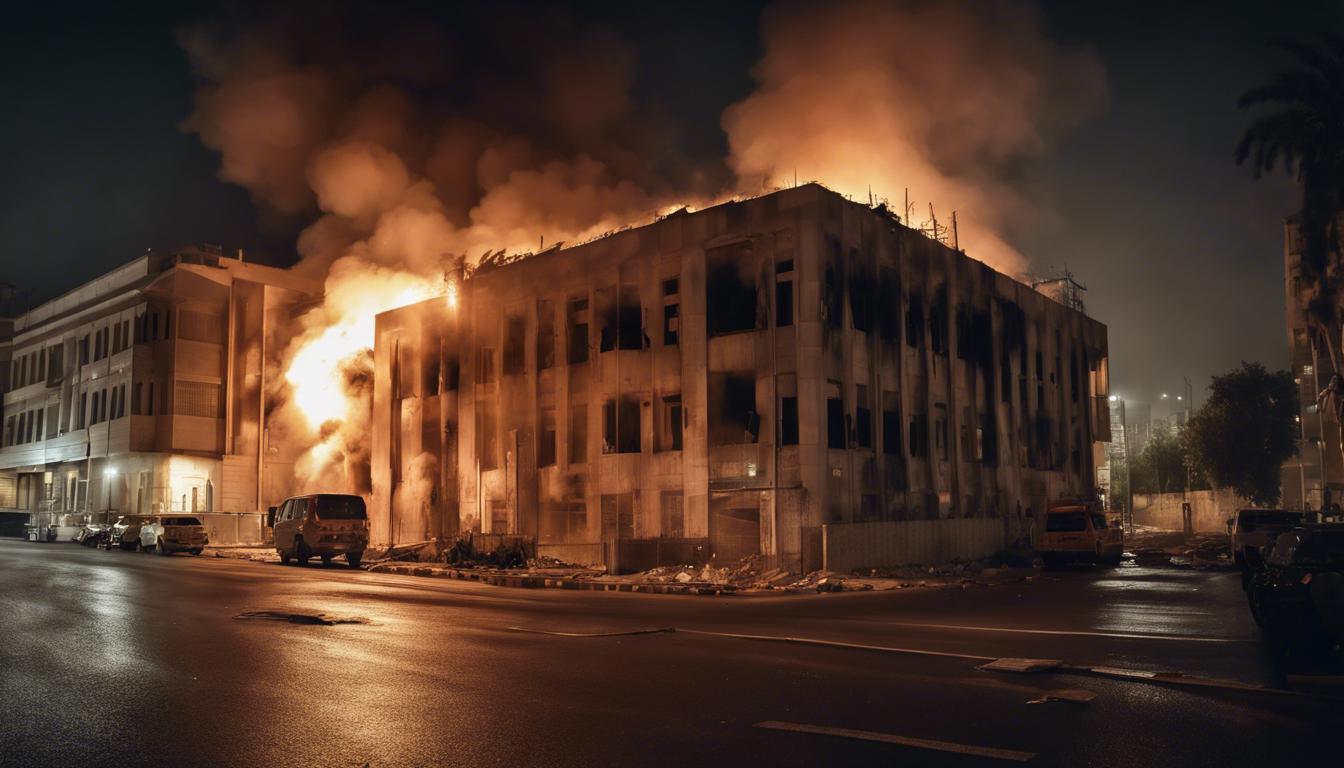Increased tensions in the Middle East after an Israeli airstrike on the Iranian consulate in Damascus has escalated regional instability, sparking threats of retaliation from Iran and international calls for restraint.
Tensions in the Middle East have escalated following an Israeli attack on the Iranian consulate in Damascus, which resulted in the deaths of seven senior Iranian military officials. This incident prompted a severe response from Iran, with threats of retaliation against Israel. In the wake of these events, Prime Minister Rishi Sunak of the UK has condemned Iranian threats and reiterated support for Israel’s right to defend itself. This stance aligns with that of US President Joe Biden, who has indicated that the US is prepared to assist Israel in its defense and potentially join in any counteroffensive measures.
Iranian Foreign Minister Hossein Amir-Abdollahian has consulted with counterparts in Syria and Oman, but the possibility of an immediate Iranian attack on Israel remains uncertain. The international community, including the Kremlin, has urged restraint to prevent further escalation of the conflict. Israel’s Prime Minister Benjamin Netanyahu has stated his country’s readiness to respond to any attacks, echoing Iran’s supreme leader’s warnings of punishment.
Amid these developments, there has also been a tragic loss of British lives. Three British aid workers, James Kirby, Jim Henderson, and John Chapman, were killed in an Israeli airstrike in Gaza. Their families have celebrated their lives, noting their humanitarian contributions.
The situation remains highly delicate, with significant implications for regional and international security.













